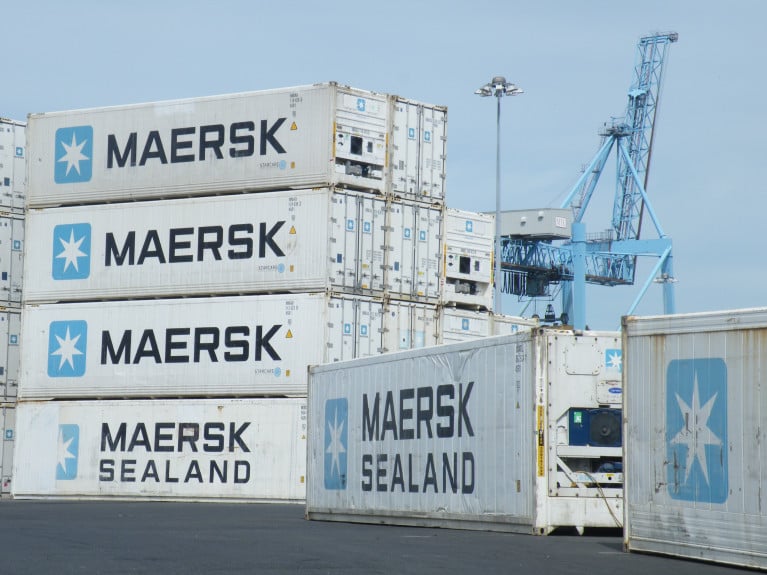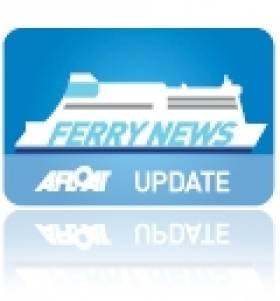Displaying items by tag: restructuring
Shipping container giant, Maersk revealed that it will make around 2,000 staff redundant due to changes to the organisation linked to the integration of Damco into its Ocean Logistics business and the removal of the separate Safmarine brand, which it announced last month.
In a trading update for its third-quarter (Q3) 2020 performance and 2020 full year guidance adjustment, in which the world’s largest container shipping group also reported better-than-anticipated volumes and freight rates in the past three months.
Maersk said it “expects to take a restructuring charge of around US$100m in Q3 2020 related to the redundancies of approximately 2,000 employees as the consequence of the changes to the organisation in Ocean and Logistics & Services announced on 1 September 2020”.
With parent group A.P. Moller-Maersk announcing its was upgrading its full-year guidance for 2020 based on preliminary Q3 figures and the current outlook for Q4, Søren Skou, CEO of A.P. Moller - Maersk said: “A.P. Moller - Maersk is on track to deliver a strong Q3 with solid earnings growth across all our businesses, in particular in Ocean and Logistics & Services. Volumes have rebounded faster than expected, our cost have remained well under control, freight rates have increased due to strong demand and we are growing earnings rapidly in Logistics & Services.
More here LloydsLoadingList reports.
Fastnet Line Closes For Good
#FERRY NEWS - The Fastnet Line ferry service between Cork and Swansea is to close with the loss of 78 jobs.
As previously reported on Afloat.ie, the operator had been in examinership since last November, and a restructured business plan had been submitted with a view to resuming high-season service in April.
However, in a statement the owners of the Fastnet Line said they had been unable to raise the €1m-plus investment required and that the examinership had "failed".
All 78 jobs will be lost as the company is set to be placed in receivership or liquidation later today.
The Fastnet Line - which was worth around €30 million to Cork in tourist spending - made its maiden voyage from Swansea to Cork in 2010, and was the only direct passenger and freight link between Wales and the south coast of Ireland.
The Irish Times has more on the story HERE.

























































